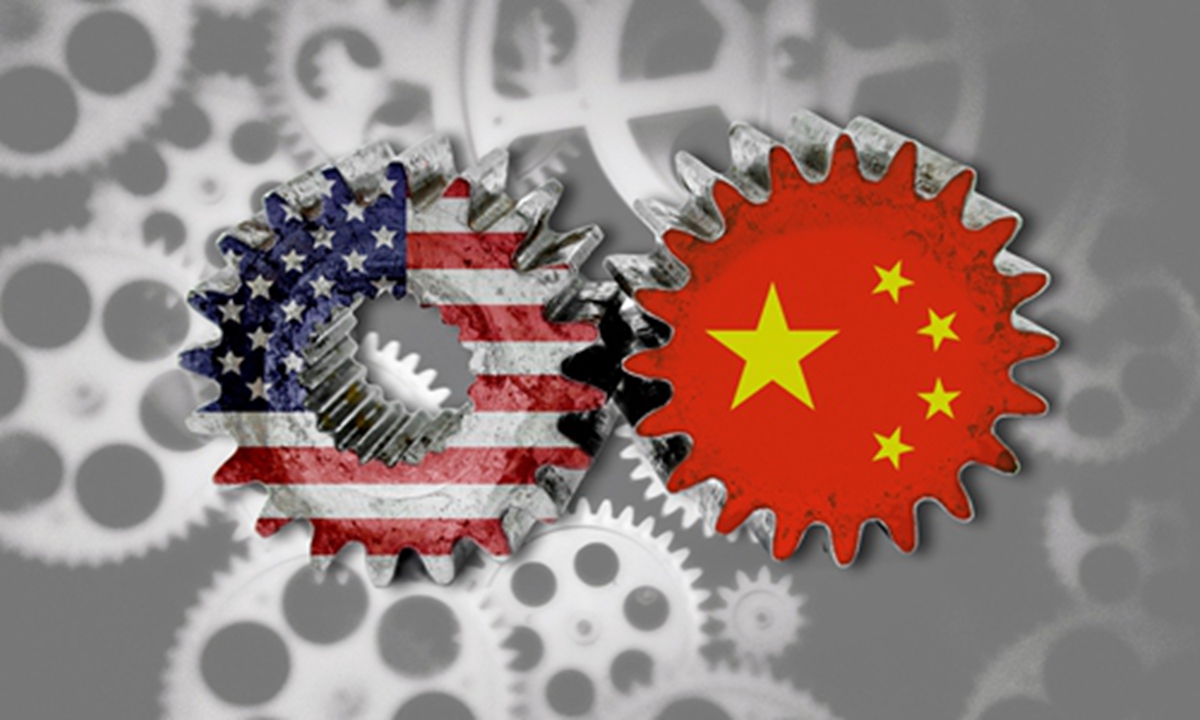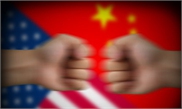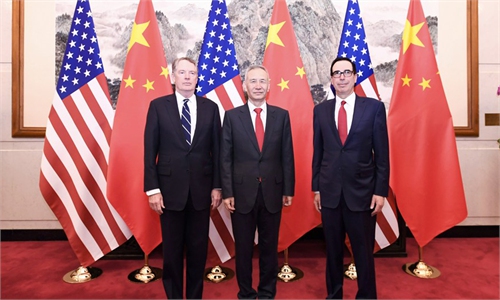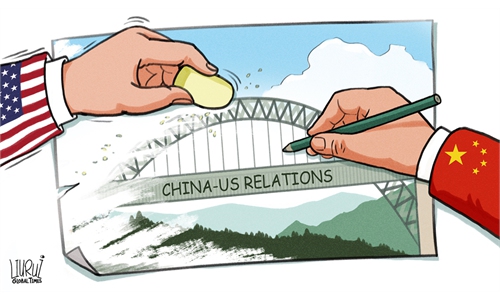COMMENTS / EXPERT ASSESSMENT
A zero-sum approach will hinder US technology innovation

Photo: GT
The Committee on Foreign Investment in the US (CFIUS) is reportedly continuing to step up scrutiny of Chinese investments in US technology start-ups, and some penalties could be handed out later.CFIUS is expected to become central in US President Joe Biden's strategy to curb China's technological ambitions, the Wall Street Journal said.
While citing the catch-all national security guise, the US has made no secret of its intention to cut connections with Chinese companies in advanced technology research and development. Given the enormous pressure from the US Congress, even if the Biden administration doesn't fully agree with tech decoupling approach taken by the Trump administration, it's not expected to ease the crackdown on China in the short term.
The Biden administration lowered the temperature when it comes to rhetoric toward China, however, it may also view cutting connections with Chinese tech companies as an efficient way to contain China's rise.
From the perspective of economic development, cooperation will undoubtedly generate greater mutual benefits. If the US continues to tilt toward a complete tech decoupling, its innovation and economic recovery will be negatively impacted too.
Openness is among the most important advantages of the US economy. Transparency, openness and innovation have been hallmarks of the US since its founding. If the world's largest economy stubbornly tilts toward closing its doors, not only its technology innovation will suffer, the market for using its technology will dwindle.
Innovation cannot be successful without industrialization and sufficient market access. If the technology can't be applied into production to earn profits, there would be no sustainable fund support to feed back the research and development. Thanks to the country's huge market, China's technology development has progressed quickly, which is complementary with the US. Without settings for application and market access, US technology sector will inevitably lose.
After Biden took the office, the US was expected to ease restrictions on China-US technology cooperation. At least academic and education research exchange are expected to be eased, but the US will still resort to a tough restriction on technology transfer and high-level tech cooperation. In this regard, China and the US should build a suitable system of rules through negotiation to guide such cooperation.
China-US tech cooperation could still have bright future, and emerging technologies will continue to bring new opportunities. Both sides could discuss potential areas of cooperation, and what code of conduct should both sides obey in their cooperation.
Without established rules, any future partnerships will be rendered ineffective. China will strengthen its investment in advanced technology development and research. This will lead to balance and sustainability between the world's two largest economies. On the other hand, China should proactively dial up its technology self-reliance to seek a balance with the US.
The article was compiled based on an interview with Huo Jianguo, a vice chairman of the China Society for World Trade Organization Studies in Beijing, and former president of the research institute of China's Ministry of Commerce. bizopinion@globaltimes.com.cn



